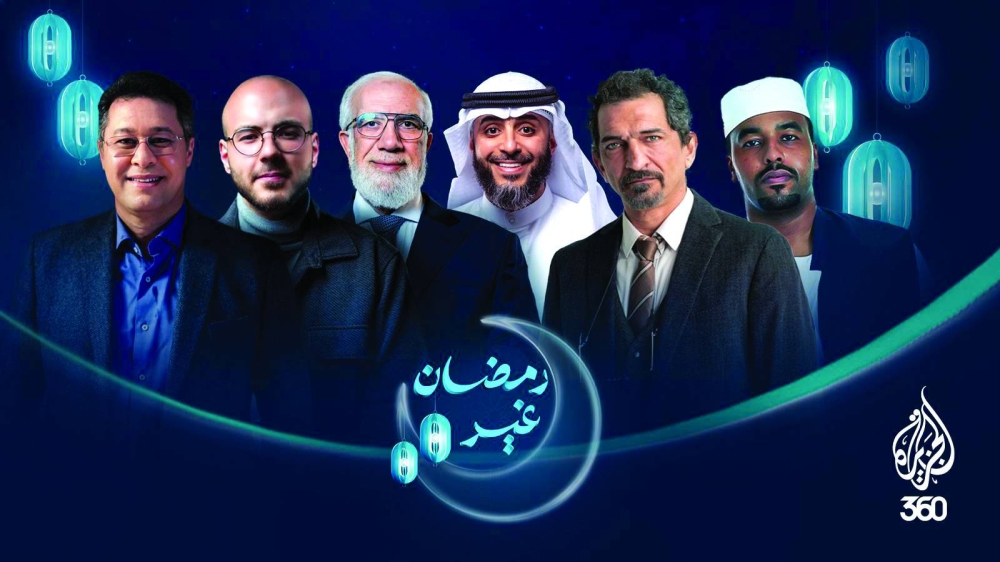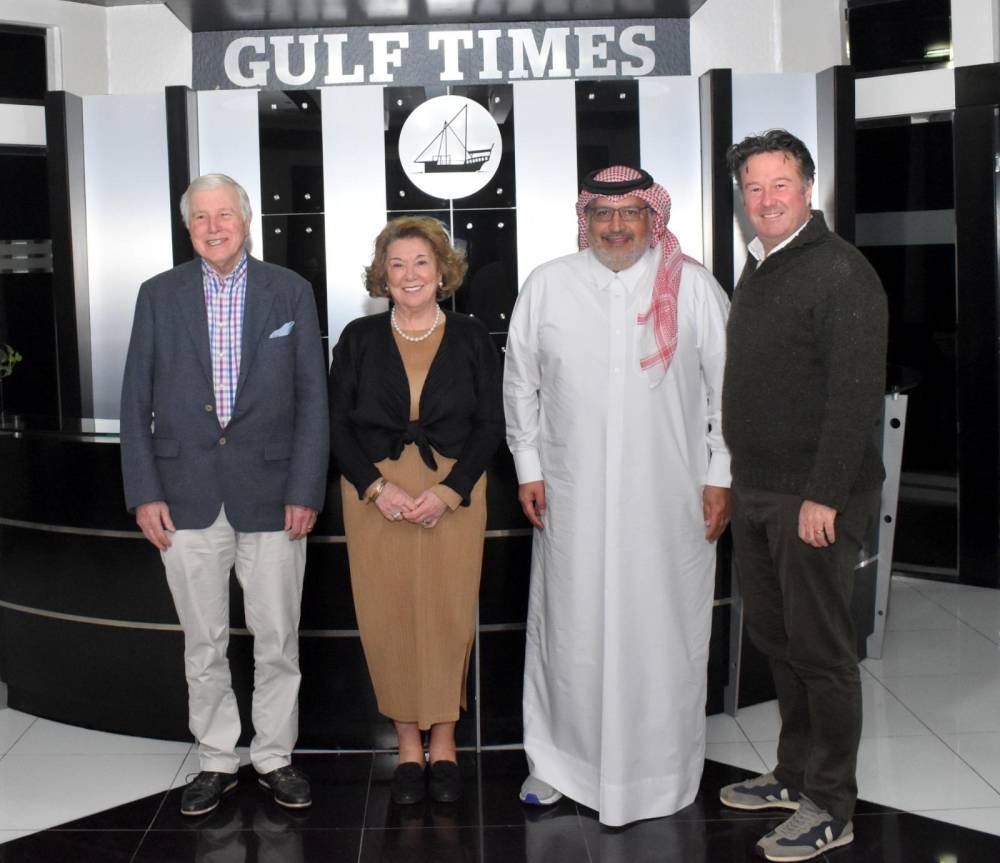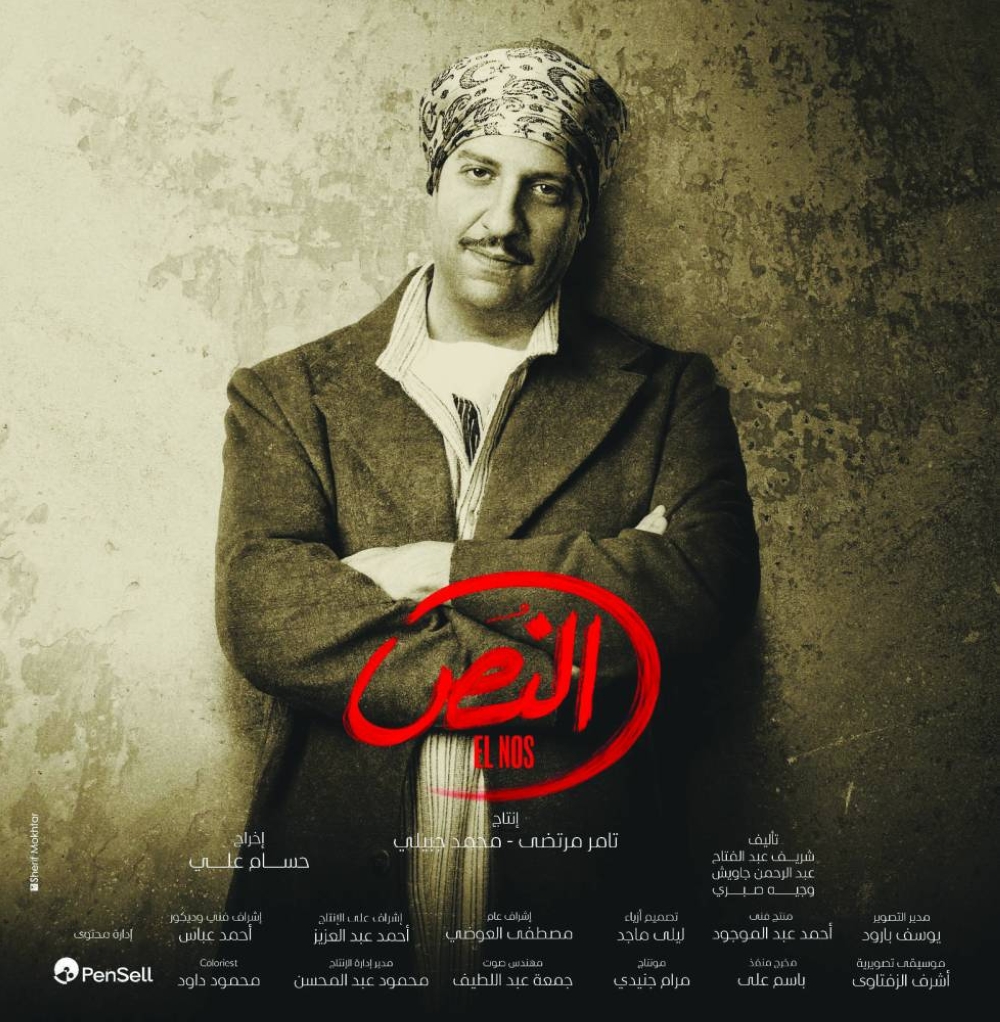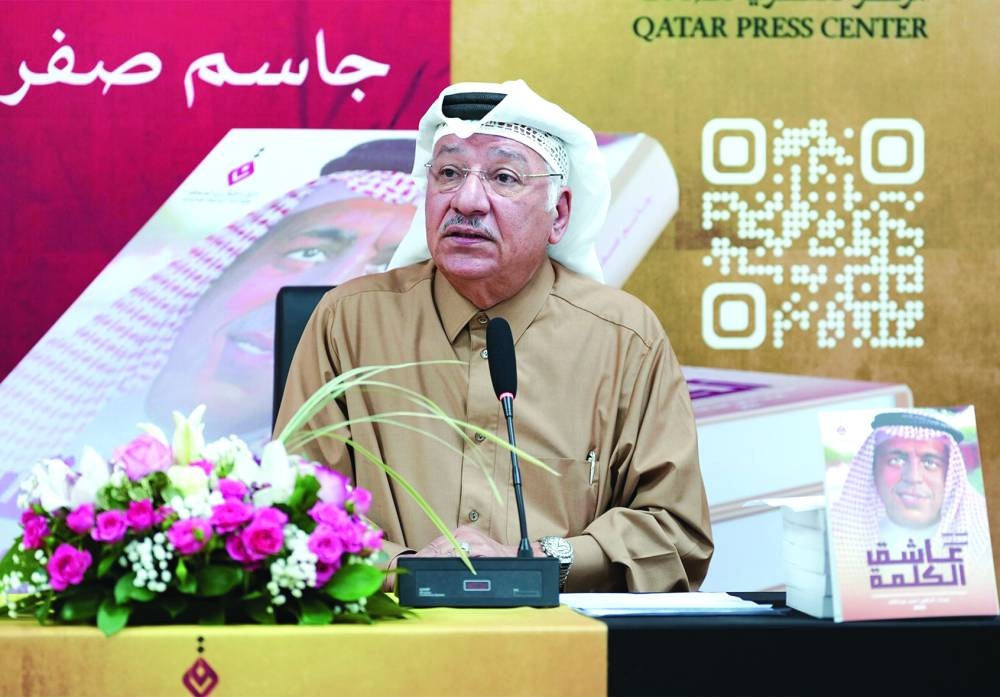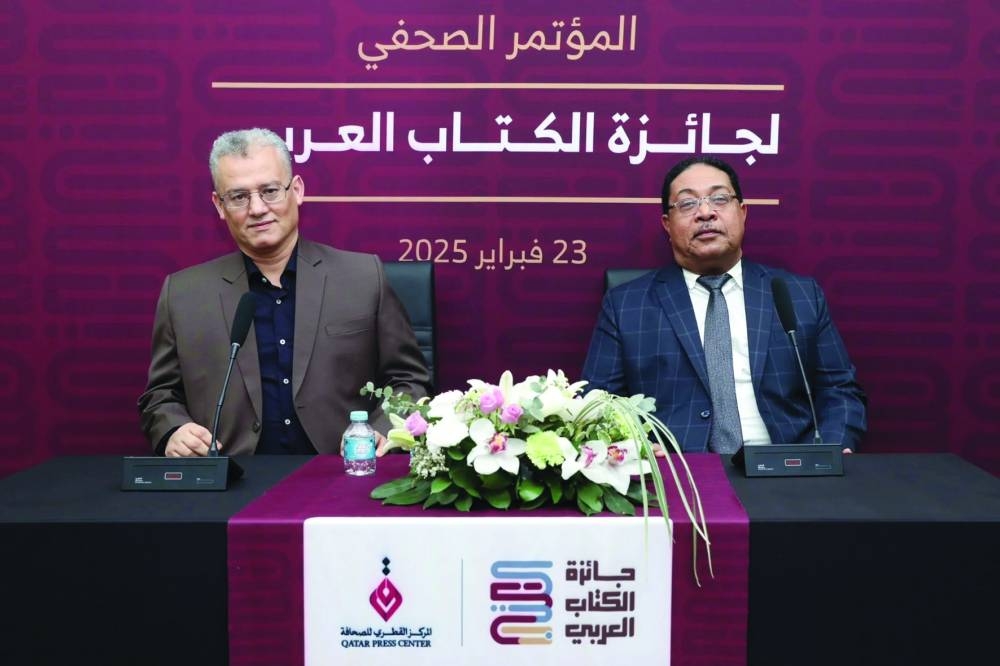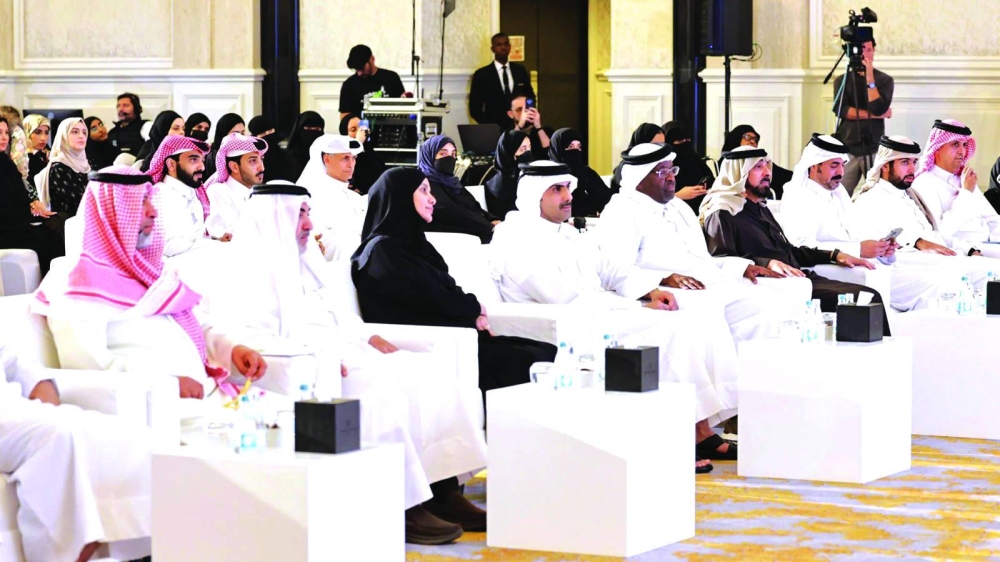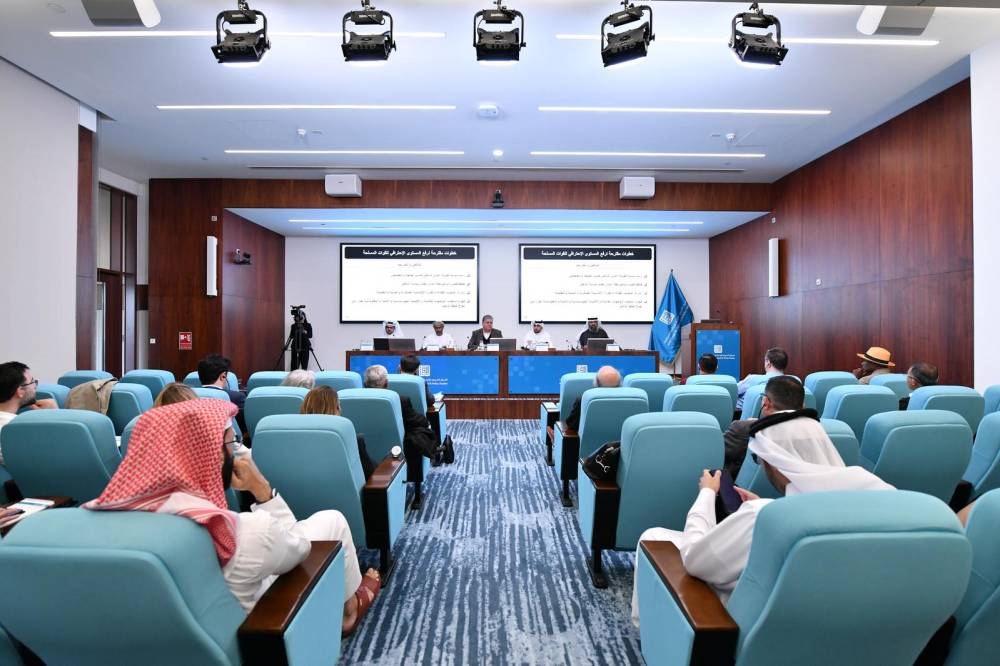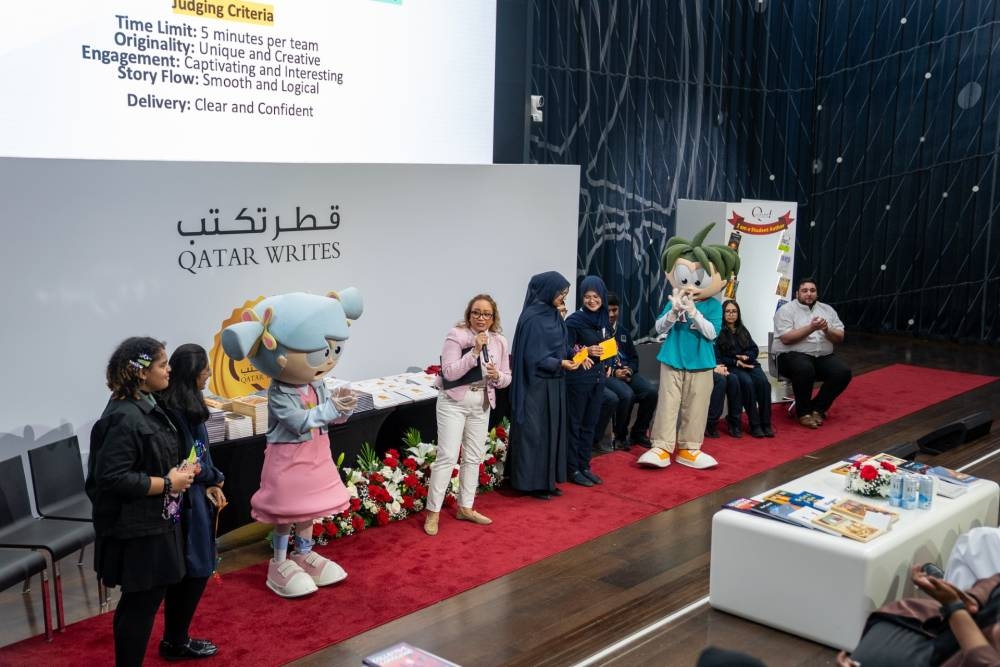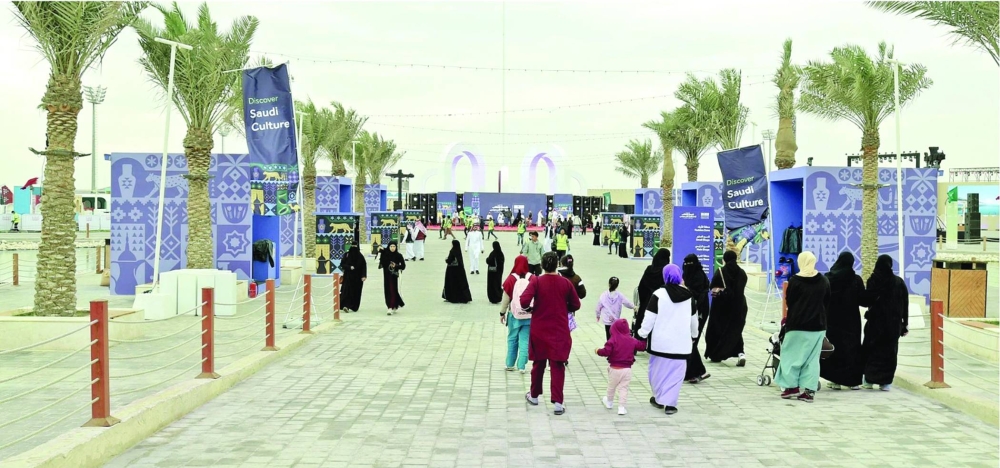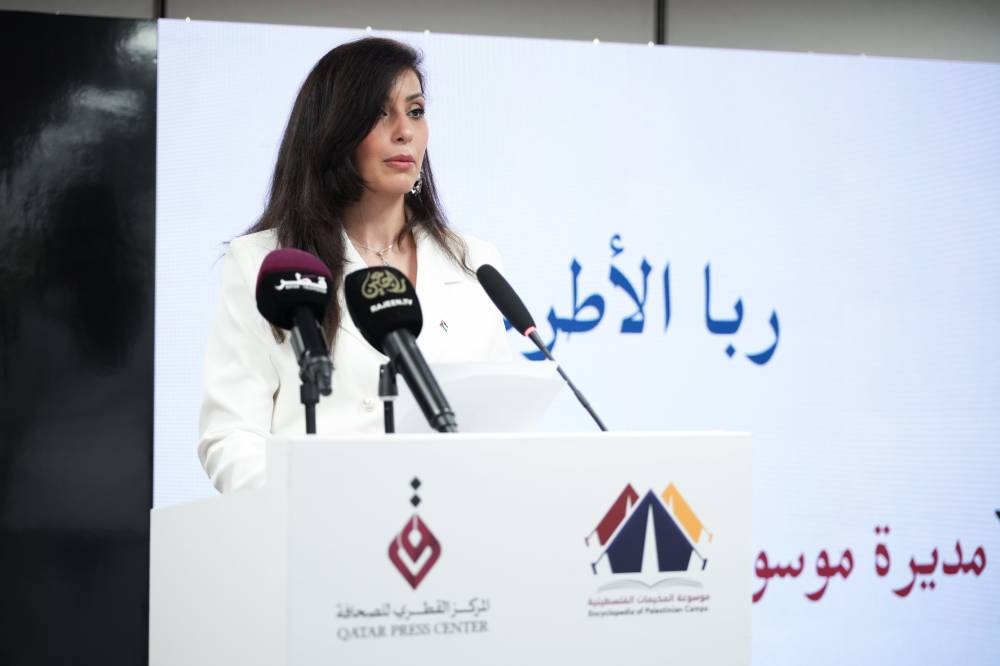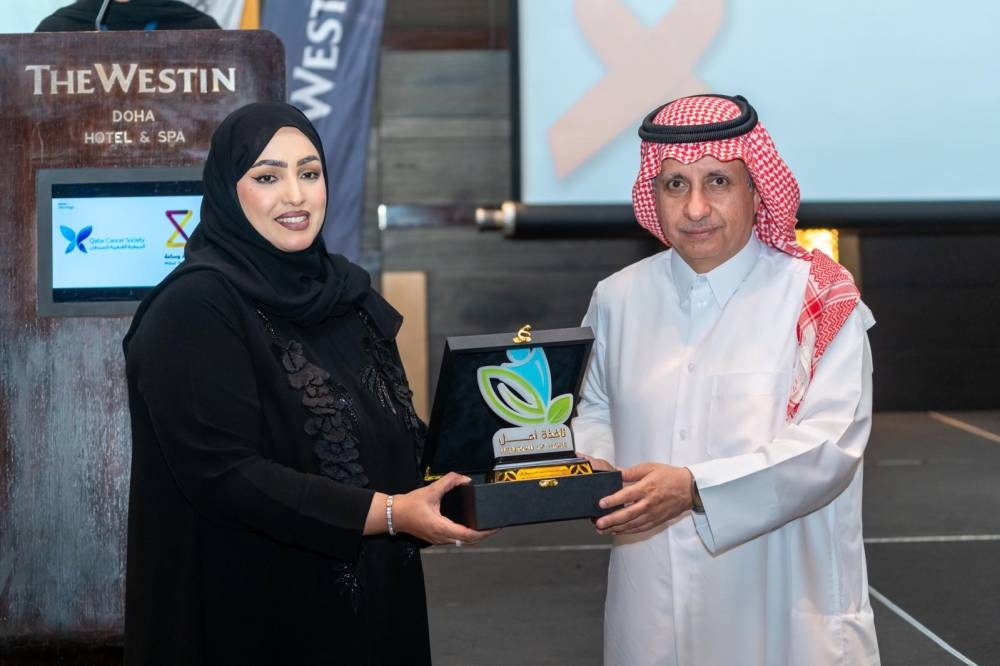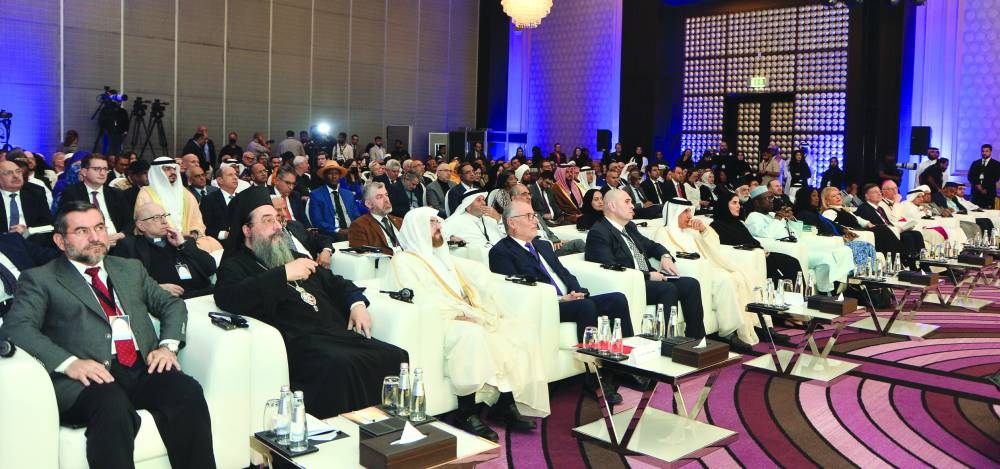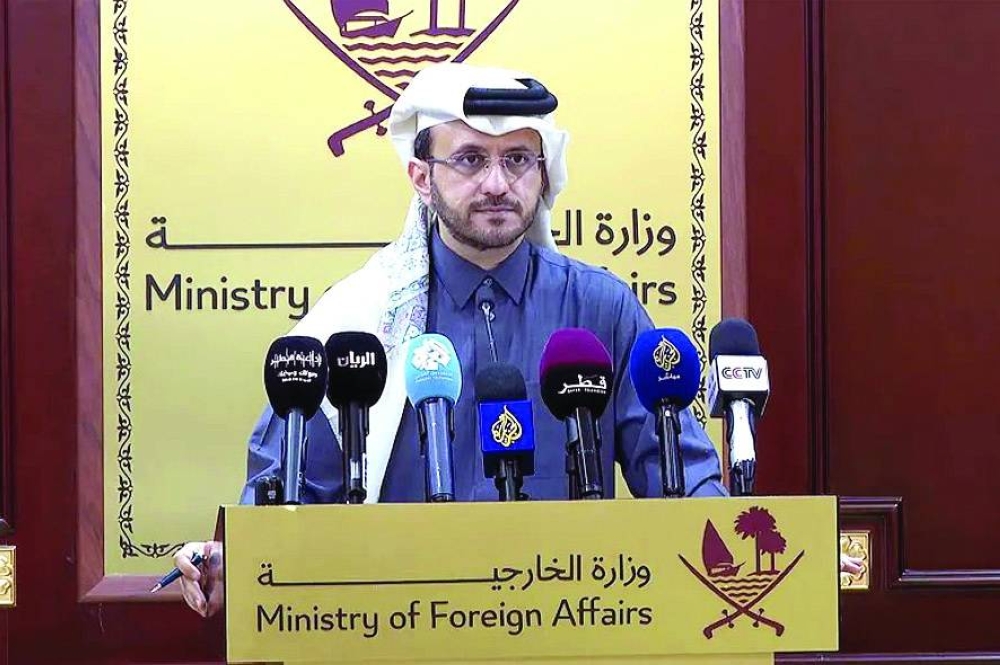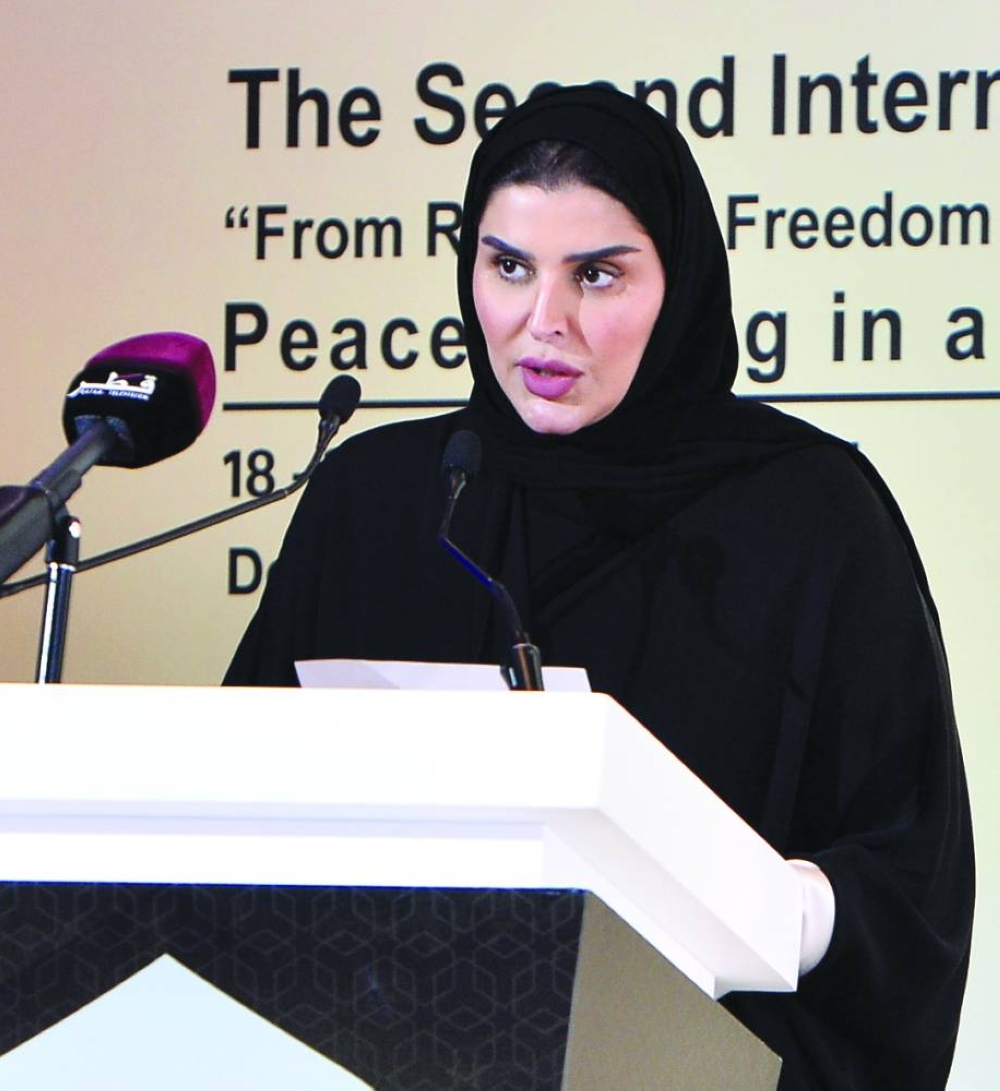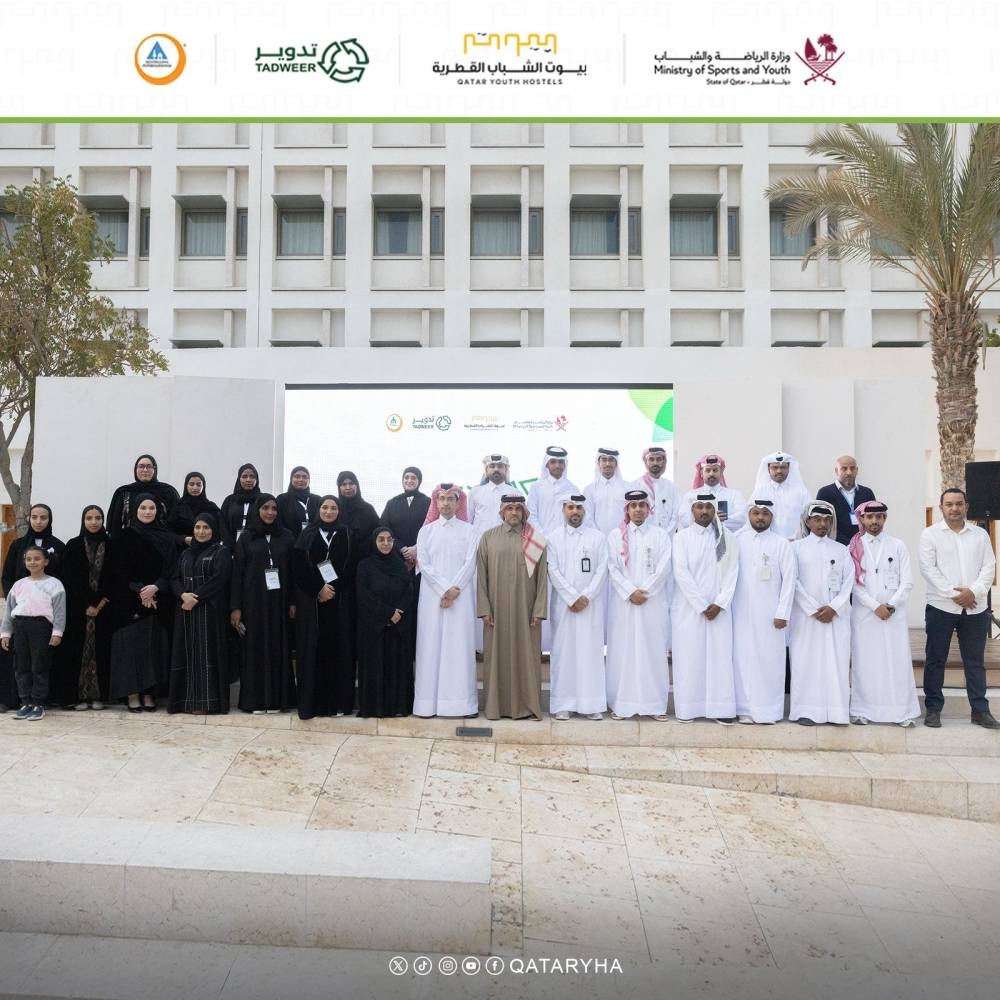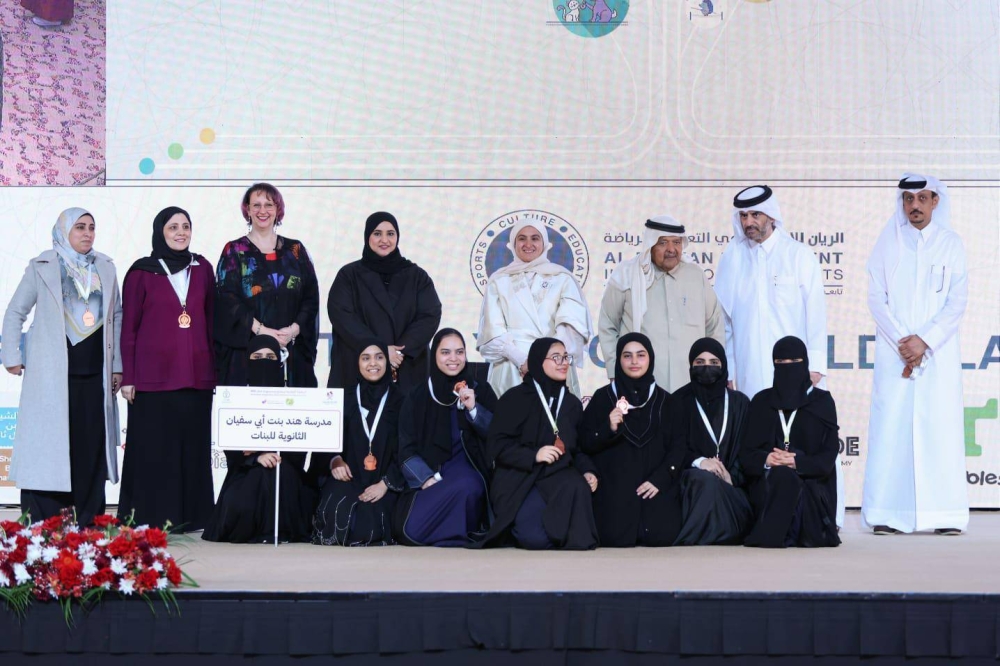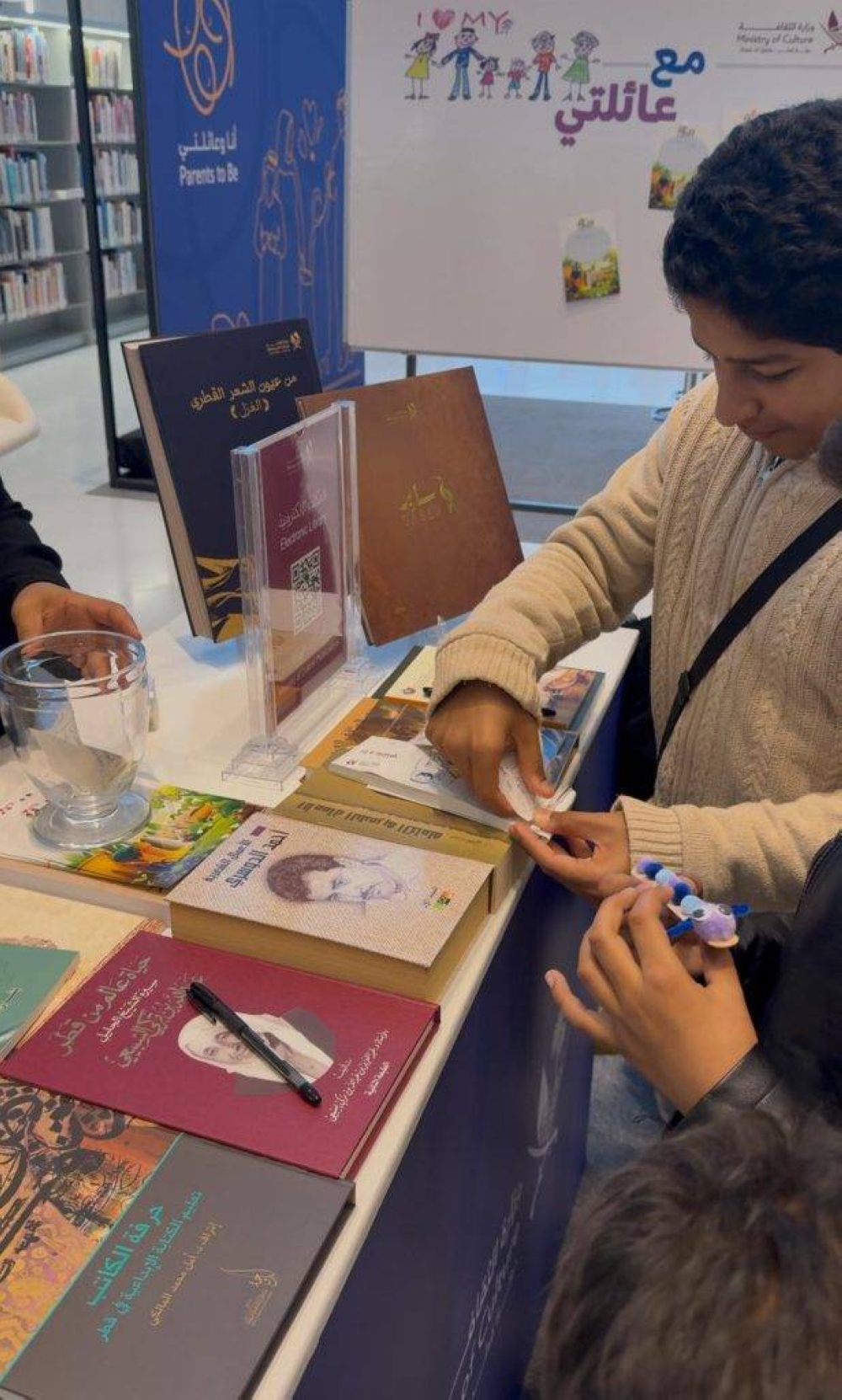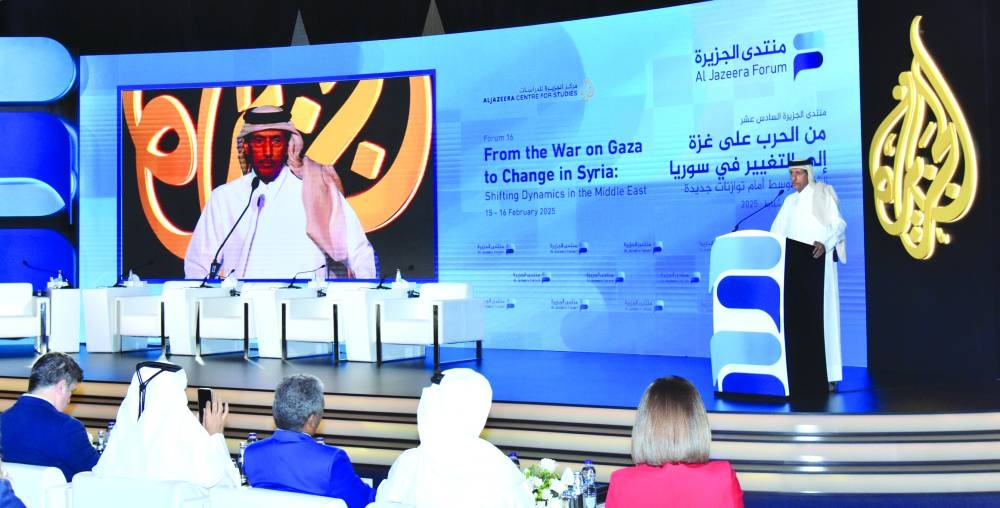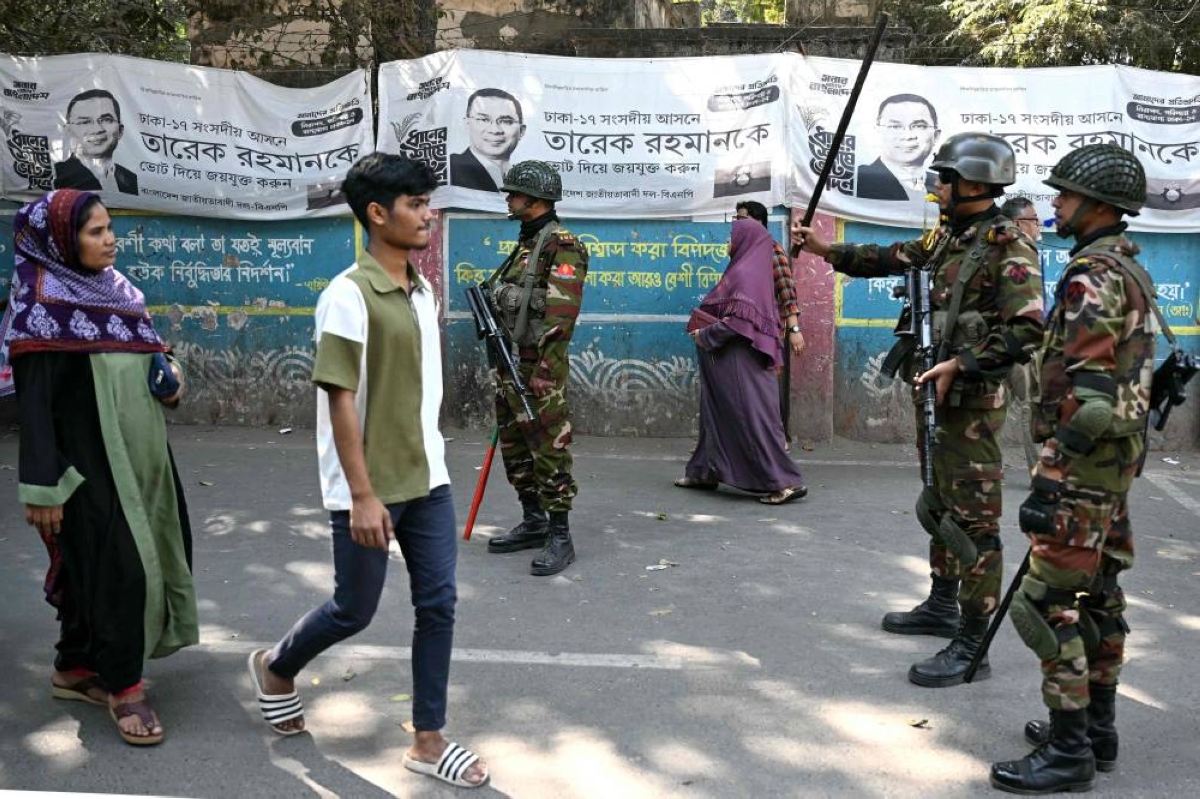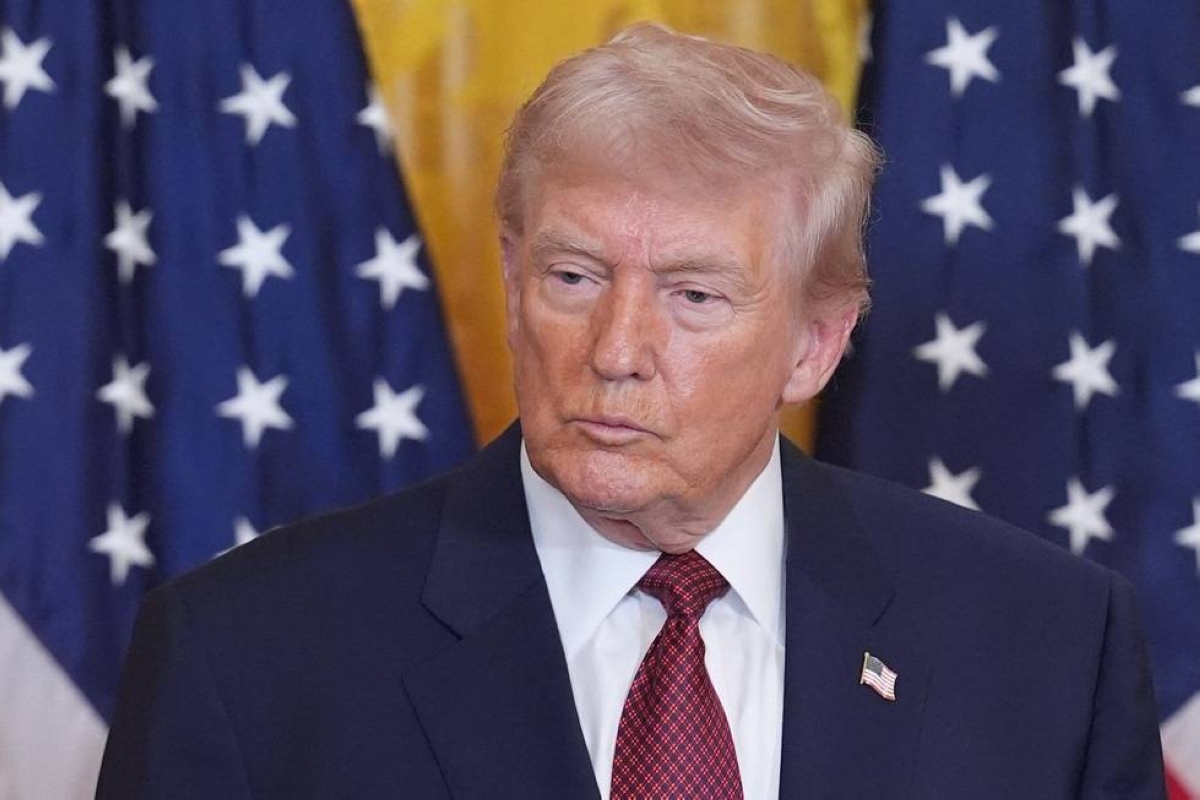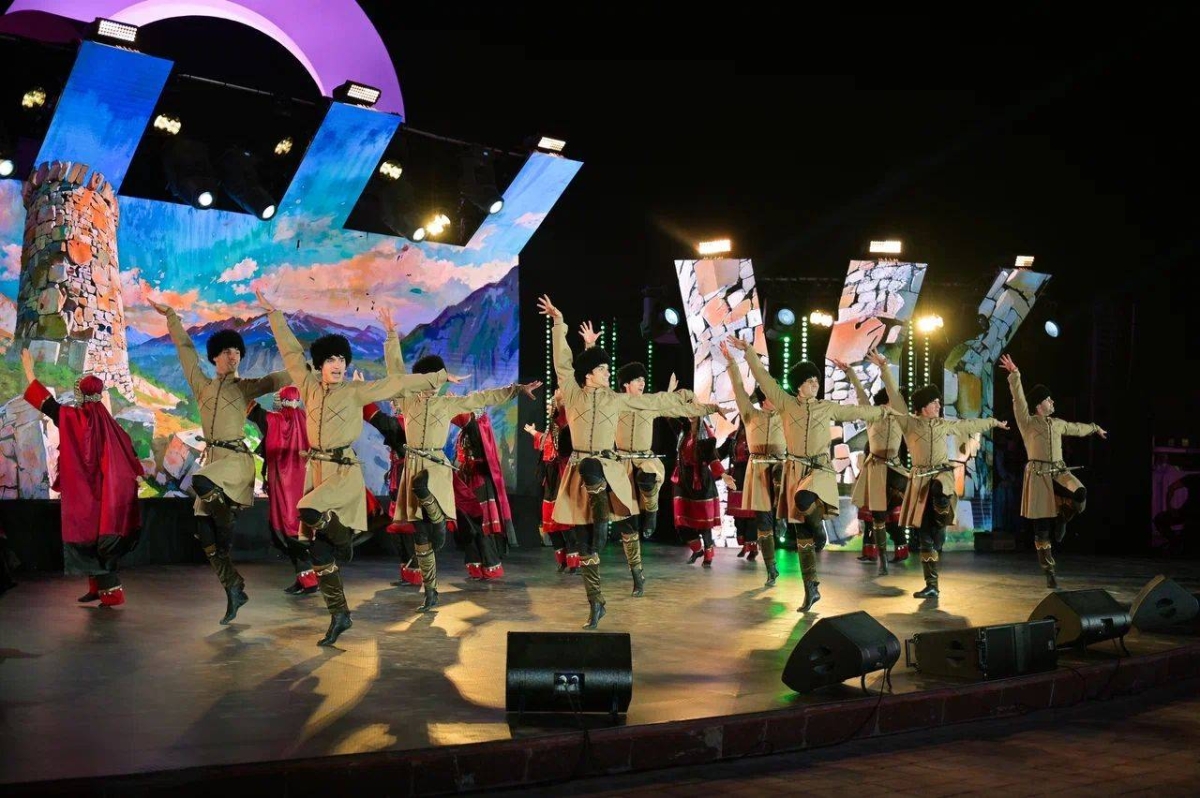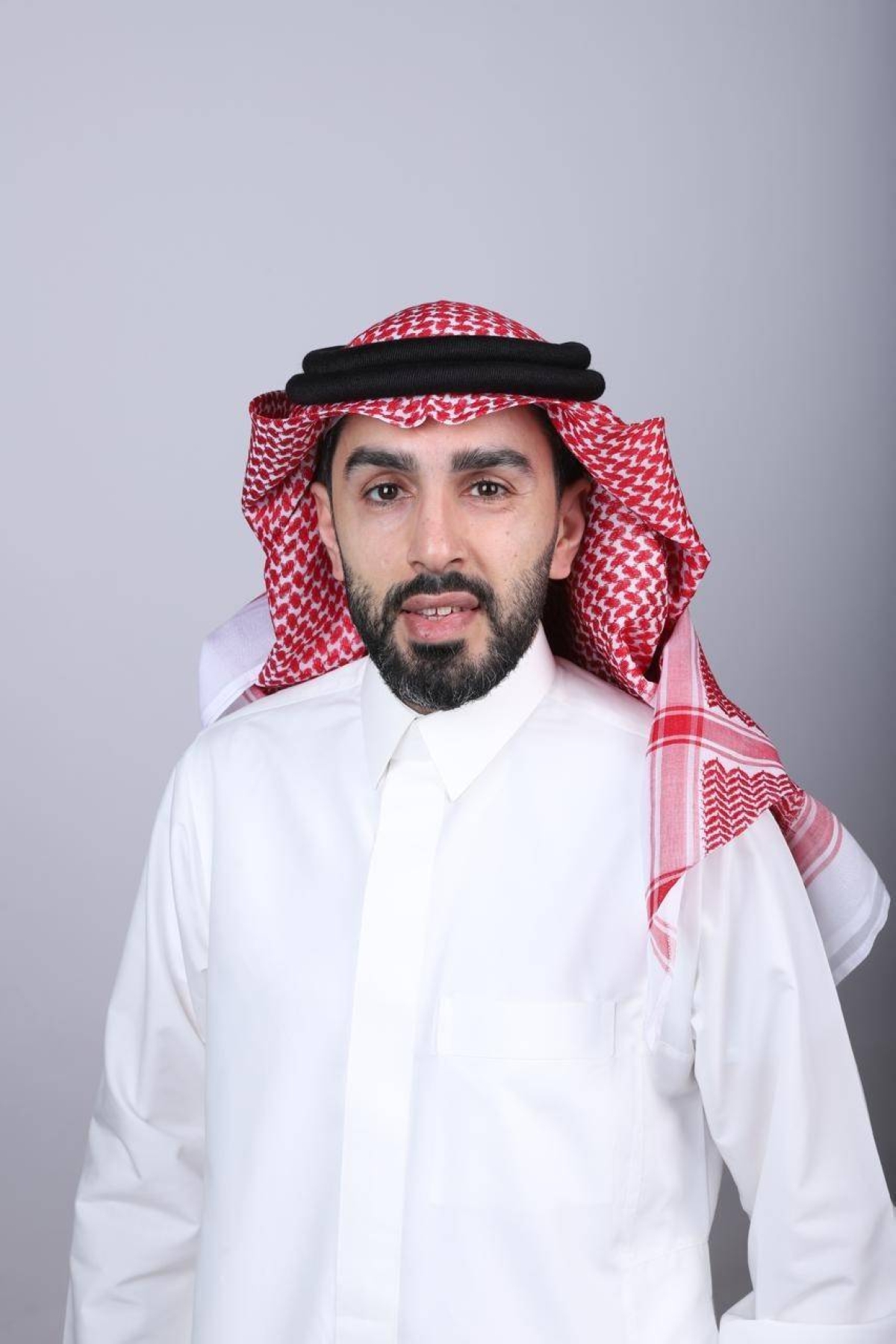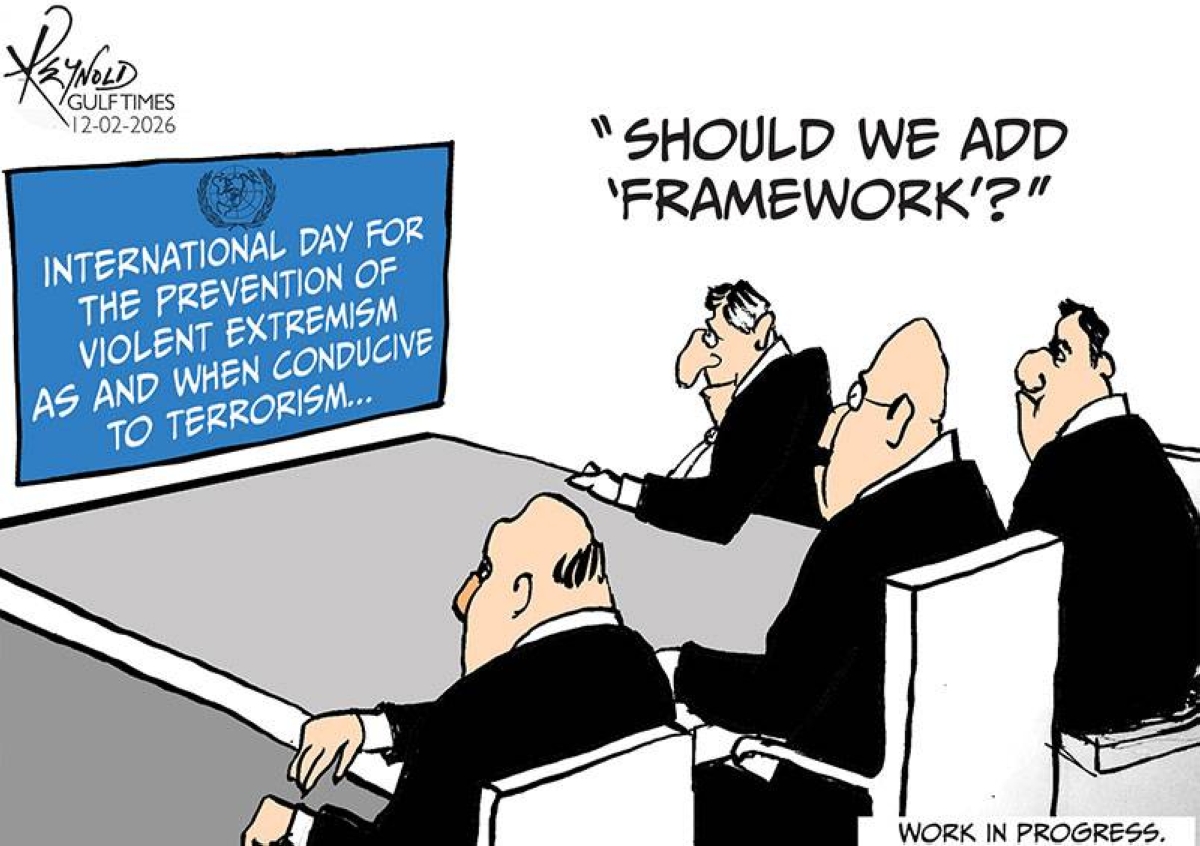Al Jazeera 360 platform launches its new Ramadan package under the slogan "Ramadan Ghair", providing integrated digital content that keeps pace with the aspirations of the audience, and includes exclusive programmes, documentaries, and dramas, which will be shown throughout the holy month of Ramadan.The package includes more than 500 broadcast hours, including 20 diverse programmes between documentaries, historical series, and dramas, in addition to new formats that are being shown for the first time within the content of the Al Jazeera Network.In the context of enhancing original production, Al Jazeera 360 offers a group of exclusive shows, in addition to the platform's first drama series, "Al Mahta". The platform also continues to show its distinguished programmes, such as: "Kahwet Al Nawawi".In a new step to enhance digital content, the platform has acquired the exclusive broadcast rights for the digital version of the "Omran" programme, which documents unprecedented scenes and stories from Sudan.Al Jazeera 360 has also concluded strategic partnerships with Qatar TV and the TOD platform, to exchange joint broadcasts of a cluster of distinguished dramas and programmes.The platform offers its audience for the first time a distinguished package of family and social programmes, dramas and historical series, including: "Imam Ahmad bin Hanbal".The productions vary to include social, religious, political, entertainment, historical, and comedic aspects, in addition to a group of distinguished documentaries, including: "Fasting in Religions", "Victorian Muslims", "Voice of the Soul".The famous programme "Sharia and Life in Ramadan" also tops the list of Al Jazeera Channel programmes, in addition to the productions of the digital newsroom, such as: "From Jerusalem", "Islamic Landmarks", "Ramadan from Gaza", "Ramadan from Syria", and "Profile".As part of providing a spiritual experience during the holy month, Al Jazeera 360 broadcasts the Isha and Tarawih prayers live from Al-Aqsa Mosque in Jerusalem, the Umayyad Mosque in Damascus, and the Gaza Strip.Al Jazeera 360 confirms its position as a leading destination for digital content during Ramadan, through quality productions and strategic partnerships that enhance the quality and enrichment of the content provided to the public.

Tawfik Lamari
Tawfik Lamari is an editor at Gulf Times. He has several years of mainstream media experience in fortes such as culture, health, social issues, environment and has covered various events across MENA.
Most Read Stories

